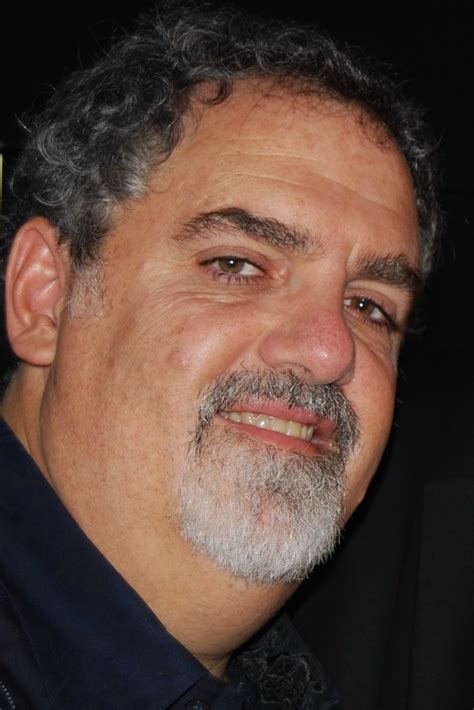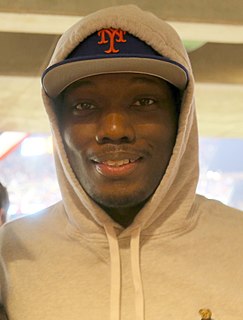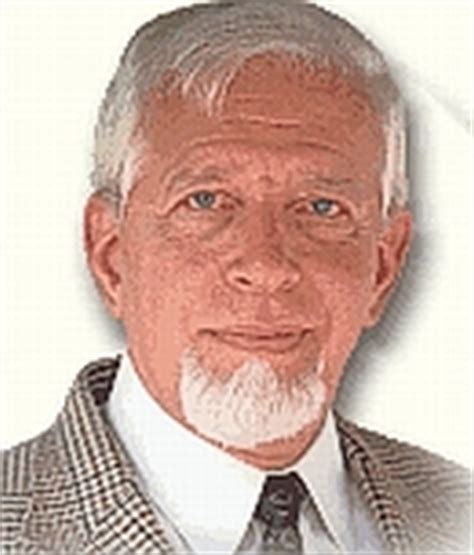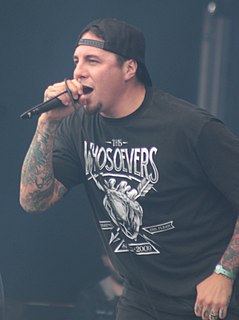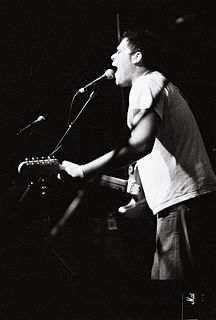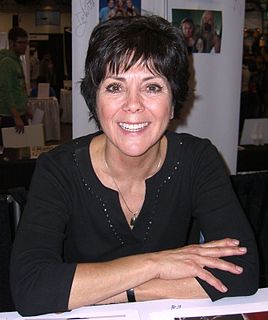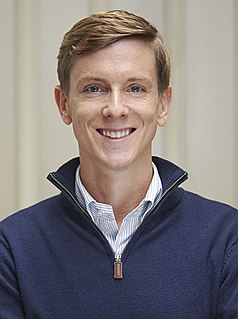A Quote by Ronnie Hawkins
We were playing, not for the drunks, but for the musicians, because it was more intellectually challenging. We needed somewhere to put our energy to show that we were growing, and as we started to achieve this, people came to hear us musically.
Related Quotes
The early Stones were adolescent rockers. They were self-conscious in an obvious and unpretentious way. And they were committed to a musical style that needed no justification because it came so naturally to them. As they grew musically the mere repetition of old rock and blues tunes became increasingly less satisfying.
I remember the moment in which we were taken hostage in Libya, and we were asked to lie face down on the ground, and they started putting our arms behind our backs and started tying us up. And we were each begging for our lives because they were deciding whether to execute us, and they had guns to our heads.
It doesn't matter if it's jazz or not. It's about how we listen, how we interact, how we guide our attention when we're listening, and how we can refine what we're doing musically. Also how we can create our own music, and what opportunities that can bring us, as creative musicians. And then insisting that musicians put themselves through an intellectually rigorous process, which involves a lot of reading and writing, while insisting that music scholars think about ethics.
People used to say, "Oh, I like SNL show, it's funny." And this 2017 season, people were saying, "Oh, I love the show, I needed it, thank you." It started towards the end of last year, when the Primary started to heat up. I remember in the summertime people were excited for it, talking about SNL in July and August.
The Beatles realized that what they were making in the studio could never be performed. And they had already given up on performing because there were too many screaming fans and they were playing in larger and larger venues so they couldn't even hear what they were playing, it just wasn't any fun any more.
I came to writing kind of late. I was an engineer, and the one thing I've learned is that you have to steer a project in the direction of the maximum fun for you. You could say lively energy, or you have to try to be intrigued. Basically, if you were a musician and you were playing joylessly, nobody would want to hear you.
I think a lot why our lives shows are good is because of the crowd, and because of the energy that they bring. Also, there was a time when a lot of the people that came to our shows were a bunch of drunk bros. At a certain point, we decided we were going to start calling them out. We also decided to become more gay-positive and feminist and all that stuff, and that we were going to be really vocal about it. After that, our crowd became a lot friendlier, and honestly a lot more fun.
We were just amazed we were putting out a record. We were, and are, still learning. But we've never cared much for professionalism as long as the energy was there. Like our live shows: We're out of tune and use a lot of feedback. That's not on purpose or because we don't care, we're just musically and rhythmically retarded and we play so hard that we can't tune our guitars fast enough.
When I was 17, I went to India for six weeks and had what, at the time, was a very challenging trip. You walk down the street and you see lepers and beggars, and there were several of us, a group of Americans. I remember we were just trying to park one night somewhere and people were just sleeping in the parking lot.
The biggest reason was that when I started deejaying, I'd said that the other DJs in Japan were like salaried employees who I really didn't want to emulate because they didn't even know the titles of the songs they were playing - just that they were playing a hot track or whatever - which I didn't appreciate at all. I realized that I had become just like the kind of DJ that I used to hate, with no knowledge, so I decided that I needed to be honest with myself and quit.

